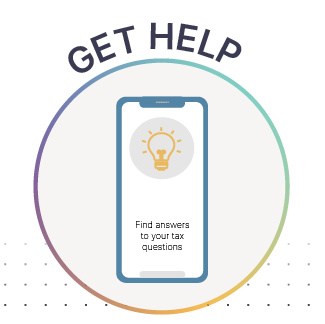The Taxpayer Advocate Service is an independent organization within the IRS. TAS helps taxpayers resolve problems with the IRS, makes administrative and legislative recommendations to prevent or correct the problems, and protects taxpayer rights. TAS helps all taxpayers (and their representatives), including individuals, businesses, and exempt organizations. You may be eligible for free TAS help if your IRS problem is causing financial difficulty, if you’ve tried and been unable to resolve your issue with the IRS, or if you believe an IRS system, process, or procedure just isn’t working as it should.
TAS has offices in every state, the District of Columbia, and Puerto Rico. To find your local advocate’s number:
• Visit www.TaxpayerAdvocate.irs.gov/contact-us;
• Check your local directory; or
• Call TAS toll-free at 877-777-4778.
Low Income Taxpayer Clinics (LITCs) assist individuals whose income is below a certain level who need to resolve tax problems with the IRS. They also provide education, outreach, and information on taxpayer rights to individuals who speak English as a second language. LITCs represent taxpayers in disputes before the IRS and courts and help taxpayers respond to IRS notices and correct account problems. Services are offered for free or a small fee. LITCs are independent from the IRS and TAS. For more information or to find an LITC near you, see the LITC Page or Publication 4134, Low Income Taxpayer Clinic List. You can also request Pub. 4134 by calling 800-TAX-FORM (800-829-3676).








